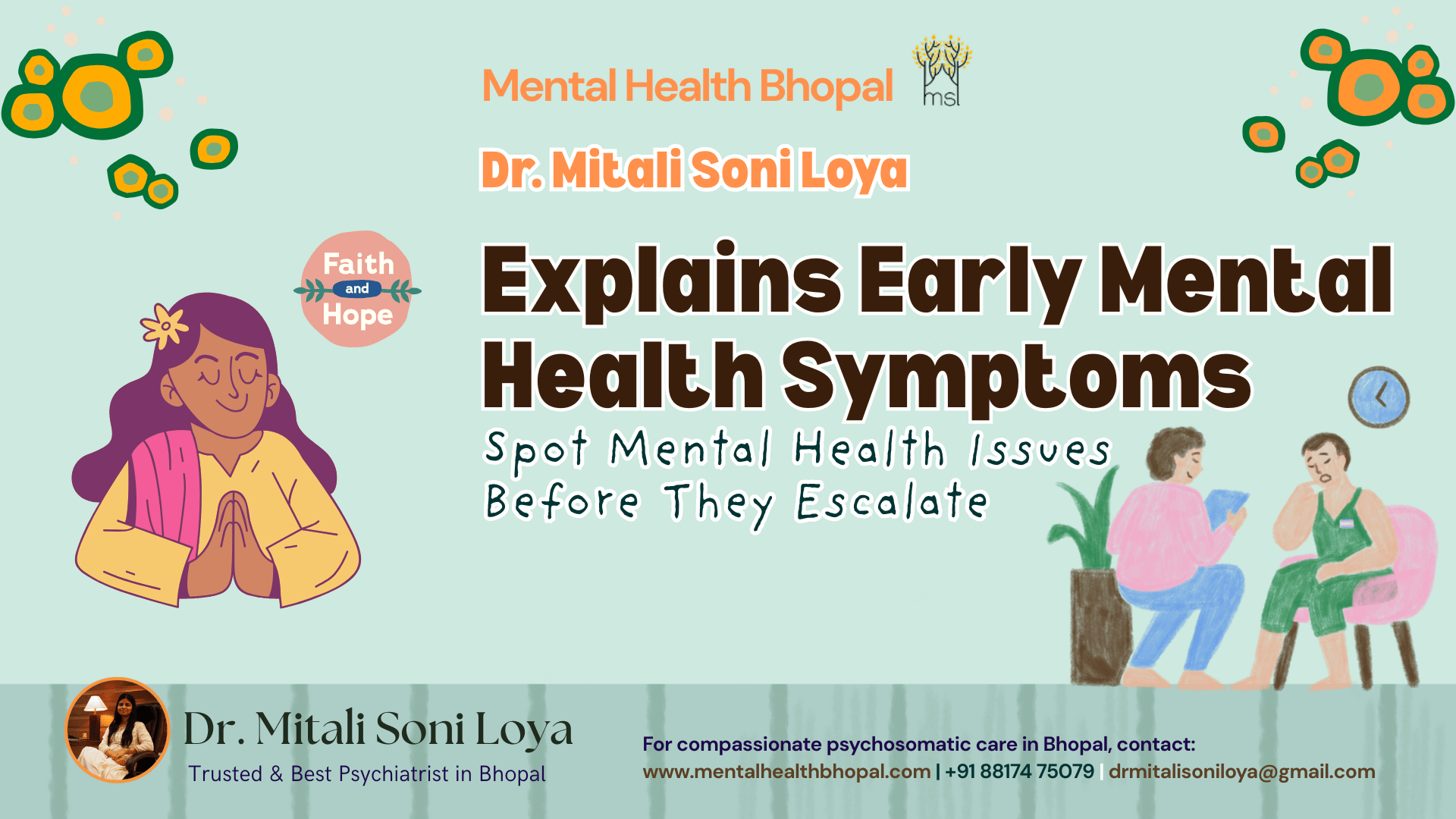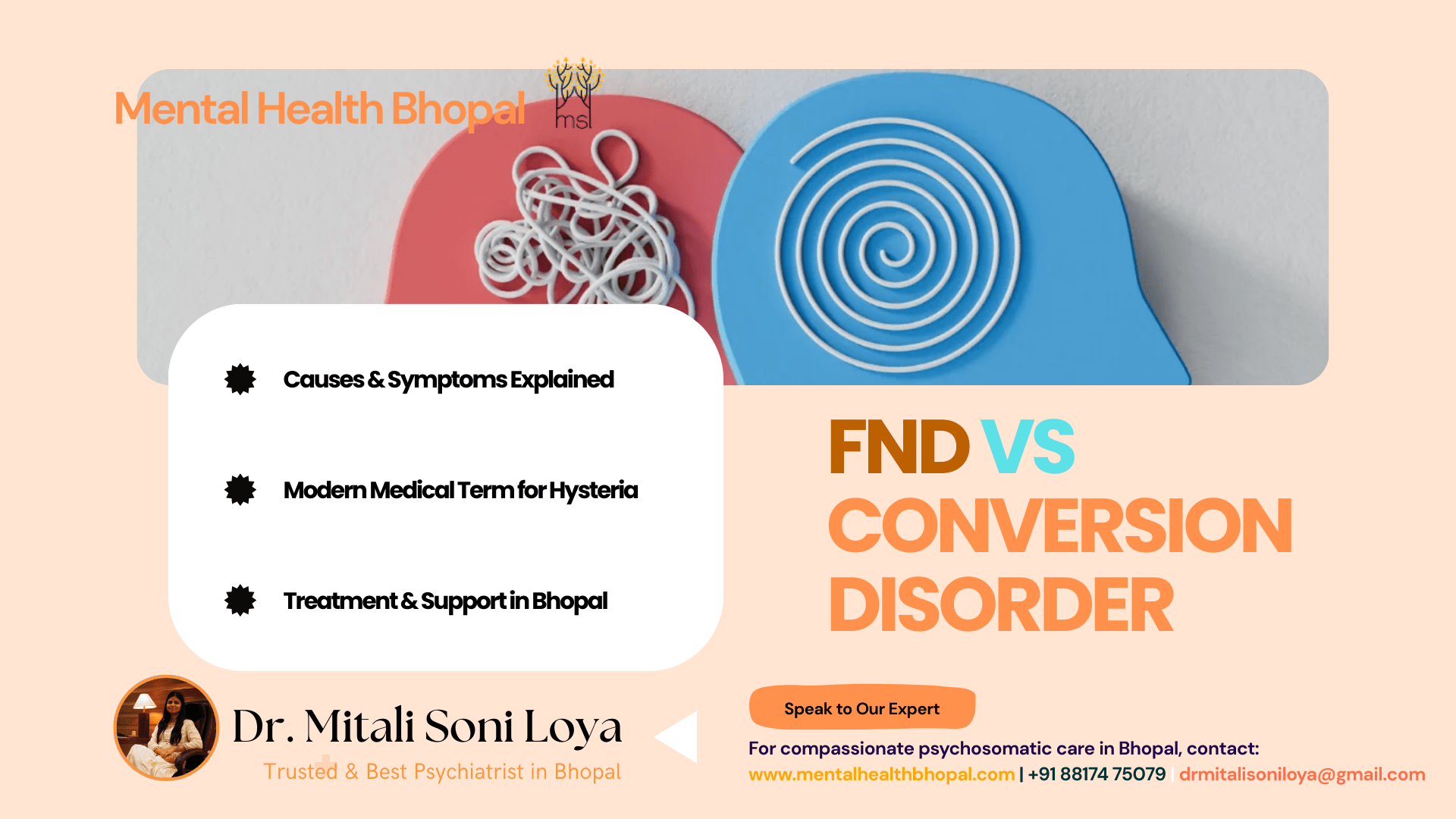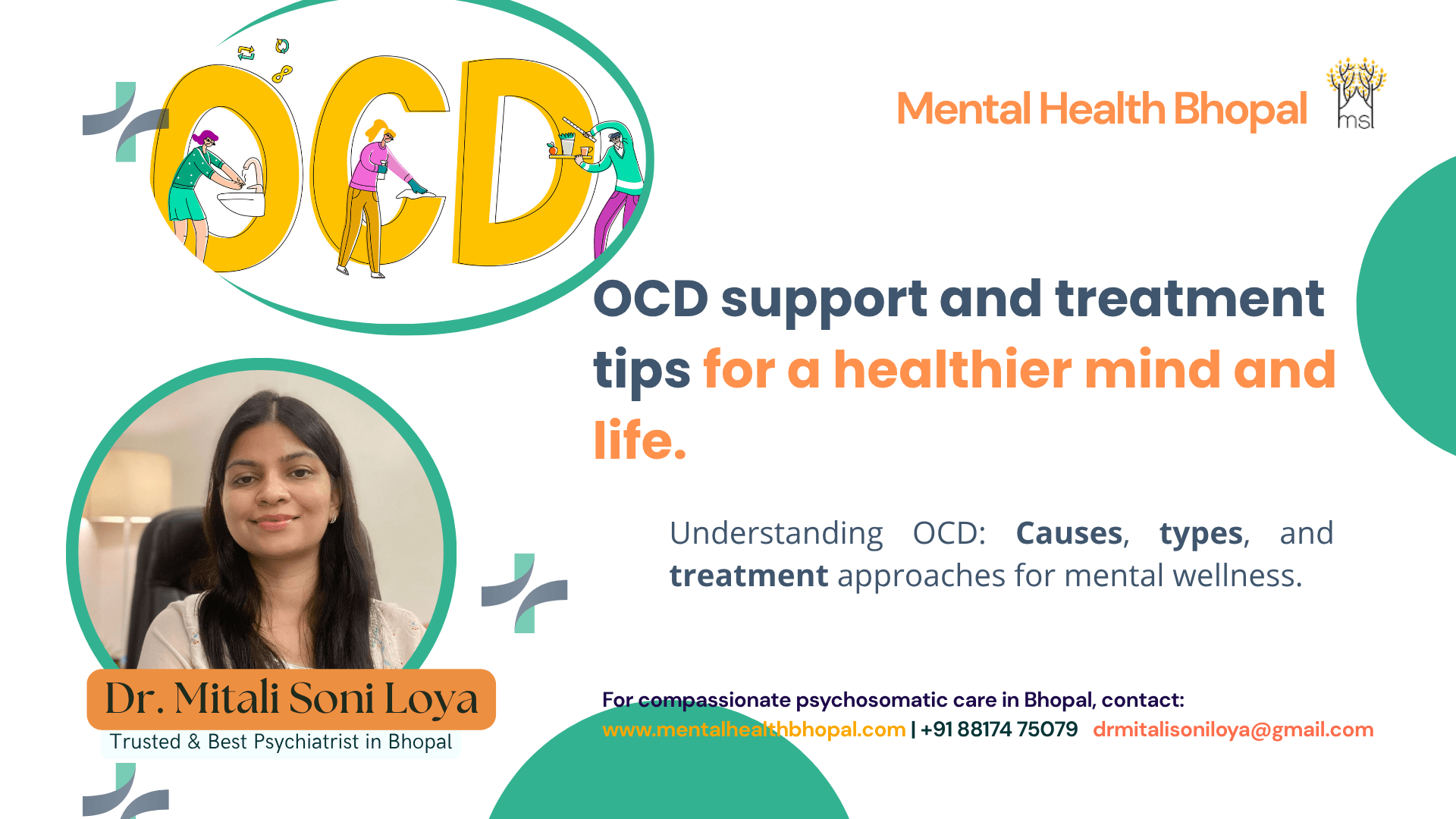Marital problems don’t always begin with major issues. Sometimes they grow from small unmet needs, communication gaps, or life stressors that go unspoken. If you're feeling stuck in a cycle of conflict, emotional distance, or loneliness within your marriage, you're not alone.
The good news? Marriages can heal—and often become stronger—with honest reflection, mutual effort, and sometimes, professional support.
What Are Marital Problems?
Marital problems are ongoing patterns of disagreement, disconnection, or dissatisfaction between spouses. While all couples argue from time to time, recurring issues that remain unresolved can begin to erode the foundation of trust, intimacy, and respect within a relationship.
These problems may involve communication breakdowns, lifestyle differences, emotional neglect, or deeper psychological patterns. The key is to recognize them early—before resentment builds and creates a larger emotional divide.
Common Causes Of Marital Problems
Marital difficulties often stem from layered, interconnected issues. While surface-level arguments may appear about chores or finances, deeper emotional needs—like the need to be seen, heard, or supported—often lie underneath.
Here are some of the most common causes:
- Communication issues – Avoidance, yelling, sarcasm, or passive-aggressive behavior
- Financial stress – Conflicting spending habits, debt, income imbalance
- Emotional neglect – One partner feels unappreciated, ignored, or emotionally alone
- Loss of intimacy – Physical or emotional connection begins to fade
- Trust issues – Insecurities, jealousy, or incidents of dishonesty or betrayal
- Parenting conflicts – Differences in discipline, expectations, or roles
- Work-life imbalance – One partner feeling overwhelmed or unsupported
These challenges can emerge gradually or surface suddenly during life transitions like a new job, childbirth, or the loss of a loved one.
How Do Marital Problems Affect Emotional Health?
Ongoing marital tension doesn’t just affect your relationship—it affects your emotional, mental, and even physical well-being. Over time, unresolved issues can lead to chronic stress and emotional burnout.
Common emotional consequences include:
- Low self-esteem – Feeling rejected, criticized, or unloved
- Depression or anxiety – Especially when communication shuts down completely
- Irritability and frustration – Spilling over into other areas like work or parenting
- Emotional detachment – Feeling more like roommates than romantic partners
- Sleep disturbances and fatigue – Ongoing stress interfering with rest
These effects can impact daily functioning and your ability to feel joy, focus, or connect with others.
Warning Signs You Shouldn’t Ignore
Recognizing signs of a deeper problem early on can prevent emotional drift or permanent damage. Marital problems often start subtly but build over time if left unaddressed.
Watch out for these red flags:
- Frequent arguments over the same issues with no resolution
- Long periods of silence or avoidance after disagreements
- Living “parallel lives” with minimal interaction or shared experiences
- Loss of affection or a sharp decline in physical intimacy
- One or both partners fantasizing about separation
- Feelings of loneliness—even when you're together
- One partner is putting in most of the emotional effort
If these patterns are becoming familiar, it may be time to pause, reflect, and seek help together.
Can Marriages Recover from Conflict?
Yes, they absolutely can. But it takes commitment, vulnerability, and in many cases, guided support from a neutral third party. Marriages that survive and thrive after periods of difficulty often do so not because conflict didn’t exist—but because both partners were willing to address it, repair it, and grow from it.
Counseling can help break the cycle of blame and defensiveness, and create a new foundation based on understanding, respect, and shared values.
When Should You Seek Marriage Counseling?
Couples therapy isn’t just for relationships in crisis. Seeking help early—when issues begin to emerge—can prevent long-term emotional damage.
You should consider counseling if:
- Communication feels forced, hurtful, or completely absent
- Arguments escalate quickly or never get resolved
- Emotional or physical intimacy is significantly lacking
- You’re dealing with infidelity, distrust, or secrecy
- Major life transitions (e.g., parenthood, relocation) have caused tension
- You want to stay together, but don’t know how to reconnect
- You’re considering separation, but aren’t ready to give up
A skilled therapist provides a safe space where both partners can speak openly, reflect without judgment, and work toward healing with support.
What Happens in Marriage Counseling?
In marriage counseling, the goal is to uncover the root causes of distress and teach new ways of relating to each other—through better listening, emotional empathy, and practical communication strategies.
Sessions may include:
- Identifying unspoken emotional needs
- Learning conflict de-escalation skills
- Practicing constructive communication (not just avoiding arguments)
- Rebuilding emotional and physical intimacy
- Addressing resentment, guilt, or forgiveness issues
- Developing shared goals and plans
Progress happens through open dialogue and consistent effort. Many couples say counseling gave them the clarity, tools, and emotional language they never had before.
Why Choose Dr. Mitali Soni Loya for Marital Counseling In Bhopal?
Dr. Mitali Soni Loya is a highly respected psychiatrist in Bhopal with deep expertise in relationship dynamics, emotional healing, and marital therapy. She understands that every couple’s story is different—and so is every solution.
What makes her approach effective?
- A balanced and neutral space where both partners feel equally heard
- Blended clinical insight with emotional depth, tailored to each couple
- Confidential and supportive atmosphere, free of judgment or blame
- Practical tools that couples can use beyond the therapy room
- Experience working with marital trauma, trust rebuilding, and conflict resolution
Couples often report not just resolving surface issues but also discovering a deeper understanding and connection through her guidance.
How To Rebuild a Stronger Marriage: Key Practices That Help
Even outside of therapy, there are steps couples can take to nurture their relationship and rebuild connection gradually.
Here are some key habits:
- Daily emotional check-ins – ask “How are you feeling today?” and really listen
- Intentional time together – regular date nights, walks, or shared hobbies
- Appreciation rituals – expressing gratitude for small acts of love or support
- Healthy conflict resolution – take breaks when needed, but come back to resolve issues
- Respect boundaries – recognize individual space and emotional needs
- Rebuild trust gradually – through honesty, consistency, and small promises kept
Small changes, repeated with care and consistency, can make a big difference over time.
Conclusion:
Marital problems are not a sign that something is wrong with you—they are a sign that something in your relationship needs attention, understanding, and healing. Whether you're facing communication gaps, emotional distance, or trust issues, help is available—and recovery is possible.
With the right support, couples often come through challenges with a deeper bond than they had before.
Book Your Consultation Today
If you and your partner are navigating a difficult phase, you don’t have to do it alone. Book a private consultation with Dr. Mitali Soni Loya in Bhopal today and begin the journey back to connection, trust, and mutual growth—together.
Clinic address
10 Ramanand Nagar, Near Lalghati Square, Bhopal, M.P. – 462023
Phone: +91 88174 75079
Email: drmitalisoniloya@gmail.com
Website: www.mentalhealthbhopal.com

 Mitali Soni Loya November 28, 2025
Mitali Soni Loya November 28, 2025
